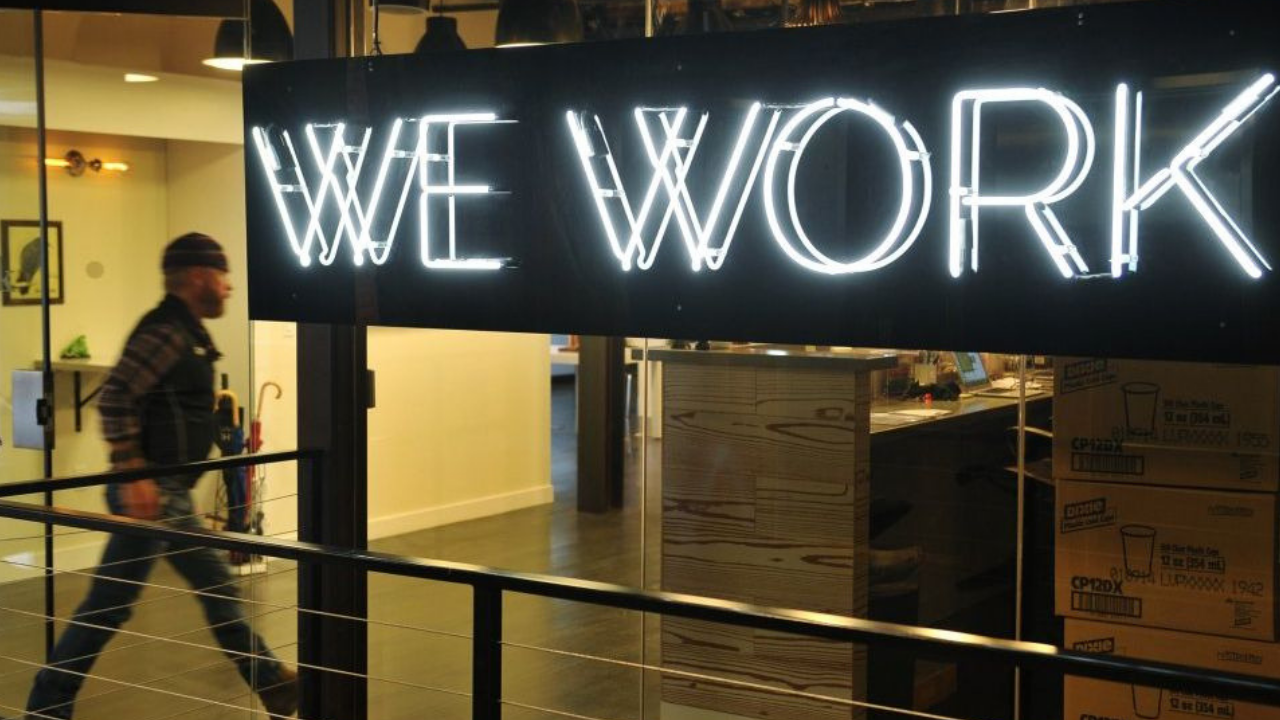London’s flexible office market has grown tremendously in the past year, so newspaper City A.M. commissioned an Economic Impact Report (EIR), conducted by the Centre for Economics and Business Research, to see the effect of WeWork’s London members.
The report found that 54% of female WeWork members hold leadership positions, as opposed to the 10% across the London workforce. Historically, women in the workforce have been undermined, so what makes the coworking space environment different for women?
“Female founders, like myself, have learned the importance of delegating,” said Monica Parker, founder of Hatch Analytics. “You can’t be a successful entrepreneur, especially when you’re a woman with a family and a life outside of work, without delegation.”
By feeling included in a community of like-minded entrepreneurs, coworking spaces provide a space where women are not only seen as equal, but are motivated to take their businesses to the next level.
Female business leaders say they value these collaborative and nurturing environments, which ultimately leads them to be more motivated and less passive.
The EIR study shows that women-led businesses have seen a revenue growth of 34%, as well as 81% saying that WeWork specifically has helped their company’s productivity.
As coworking spaces continue to blossom, it is the assumption that female business leaders will continue to grow with it.


 Dr. Gleb Tsipursky – The Office Whisperer
Dr. Gleb Tsipursky – The Office Whisperer Nirit Cohen – WorkFutures
Nirit Cohen – WorkFutures Angela Howard – Culture Expert
Angela Howard – Culture Expert Drew Jones – Design & Innovation
Drew Jones – Design & Innovation Jonathan Price – CRE & Flex Expert
Jonathan Price – CRE & Flex Expert











